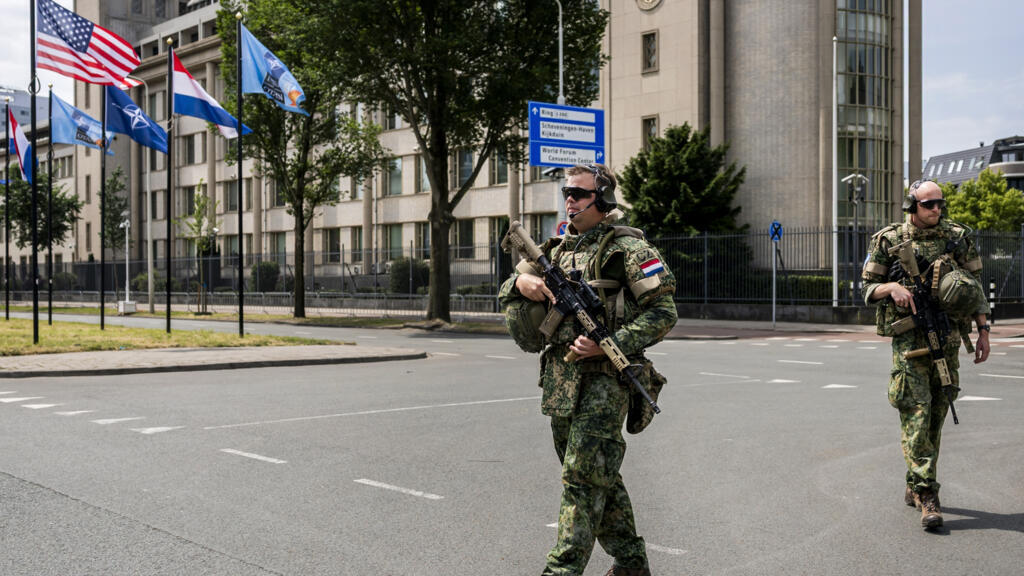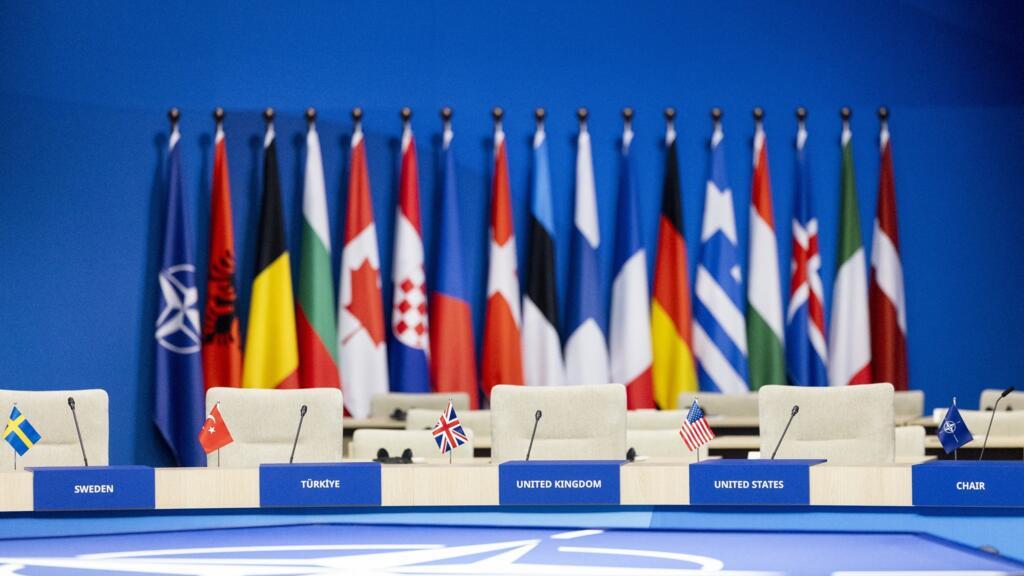On a recent Sunday, Spanish Prime Minister Pedro Sanchez announced a significant agreement with the North Atlantic Treaty Organization (NATO) that offers Spain a substantial reprieve from its defense spending obligations. This deal permits the country to evade the requirement of spending 5 percent of its Gross Domestic Product (GDP) on defense, a target that has sparked discussions among NATO partners for years.
The backdrop for this agreement lies heavily in the pressures exerted by former U.S. President Donald Trump on NATO member countries. Since taking office, Trump's administration has consistently encouraged NATO allies to increase their military expenditures, emphasizing that all member states should meet or exceed the 2 percent of GDP benchmark that was previously established during NATO summits. His calls for enhanced defense spending often highlighted the importance of collective security, while expressing concerns that many countries were not contributing their fair share to the alliance.
The implications of this agreement are far-reaching for Spain, a country that has historically allocated a smaller percentage of its GDP to defense compared to NATO expectations. By allowing Spain to maintain a more manageable defense budget, the deal reflects a compromise that acknowledges the diverse economic realities faced by member nations. Spain’s defense budget is already under scrutinizing conditions, as global economic challenges have urged many countries to prioritize spending on critical domestic issues over military investments.
As NATO navigates the complexities of its solidarity and the individual needs of its member states, this agreement might signal a shift towards a more flexible approach in how defense spending requirements are enforced. The situation is reflective of broader conversations within NATO regarding burden-sharing and equitable contributions from all members. While maintaining an emphasis on alliance strength, NATO may also need to consider the economic contexts of various member states to foster cooperation and stability within the organization.
In light of changing strategic landscapes and the evolving nature of global security threats, this decision by Spain could set a precedent for other NATO members who find themselves in similar economic situations. It opens the door for discussions centered on balancing defense commitments with pressing domestic concerns, especially as nations grapple with issues like economic recovery, health crises, and climate change.
As Spain moves forward with this agreement, it will be interesting to observe how it impacts relations within NATO and whether other countries may seek similar concessions. The ongoing dialogue about defense spending is sure to continue, especially as global power dynamics shift and new challenges emerge on the horizon.












